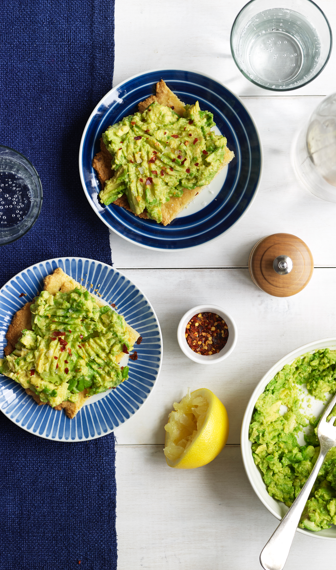The similarity of the risk factors for colorectal cancer and those for insulin resistance have been noted, and it has been suggested that insulin resistance leads to colorectal cancer through the lesion-promoting effect of elevated levels of insulin, glucose or triglycerides. This review includes evidence from observational, epidemiological and experimental animal studies linking diet to insulin resistance and colorectal cancer. The evidence suggests that diets high in calories and saturated fat and which include high-glycemic-index carbohydrates and low levels of fiber and omega-3 fatty acids lead to insulin resistance. Moreover, that condition is accompanied by hyperinsulinemia (high levels of insulin), hyperglycemia (high levels of blood sugar) and hypertriglyceridemia (high triglyceride levels). The authors of the review considered how insulin, the related insulin-like growth factors, triglycerides and a byproduct from the breakdown of fatty acids could lead to increased growth of colon cancer precursor lesions and the development of colorectal cancer. They conclude that implications of this study should be considered in future research, including studies of satiety and clinical tests assessing the importance of insulin resistance in the colon cancer process.
Mechanisms Linking Diet and Colorectal Cancer: the Possible Role of Insulin Resistance


Try Keto – The Atkins® Way
Atkins keto plans are more flexible and more personalized to provide a long-term plan for reaching your goals. Our free tools can help you even further.
Get Started